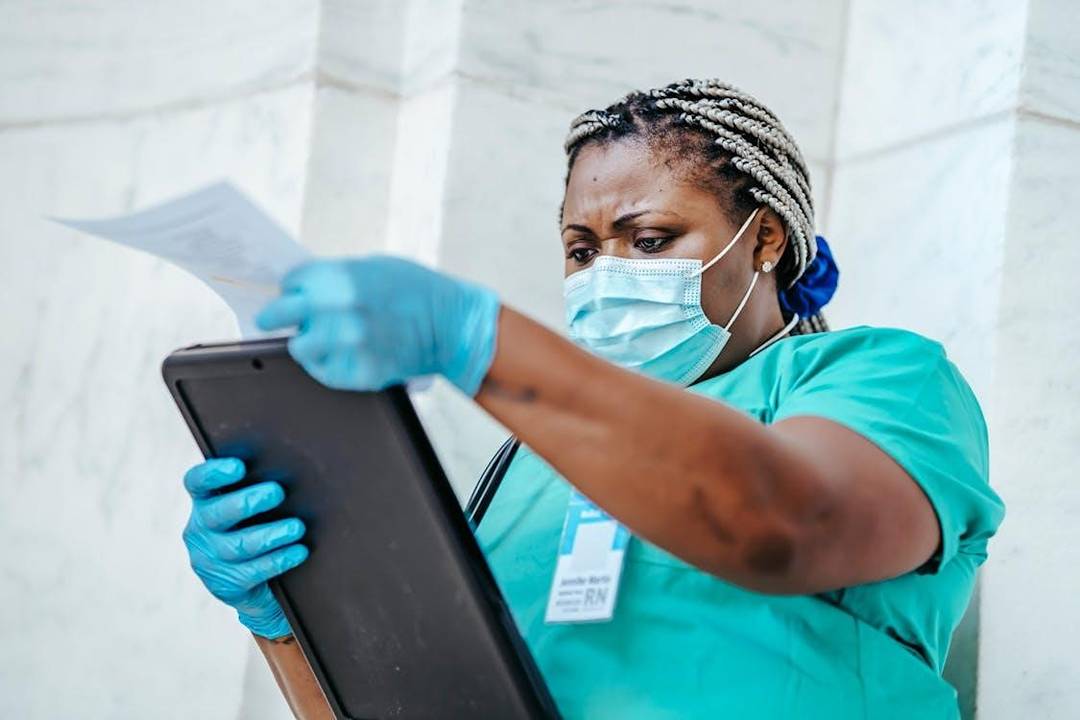
The Importance of Accurate Medical Documentation in Personal Injury Cases
Medical documentation is critical in any personal injury case. Attorneys rely on medical records to build a solid case, so ensuring detailed and accurate documentation is paramount.
James Payer, an experienced Orlando PI lawyer, will examine why proper medical documentation is necessary in personal injury cases and how personal injury attorneys obtain and utilize records.
The Severity of Injuries Sustained
Unintentional injuries are the leading cause of death in the United States, resulting in approximately 58,500 fatalities every year, according to the Centers for Disease Control and Prevention (CDC). Even more prevalent are non-fatal personal injuries. The U.S. Bureau of Labor Statistics reported nearly 2.8 million nonfatal workplace injuries and illnesses among private sector employers in 2022. This reflects a 7.5% increase from 2021 from more reported injuries and illnesses. With injury rates on the rise, accurate medical documentation is essential.
Detailed Documentation Demonstrates Injury Severity
Thorough medical records that depict the severity of an injury can make or break a personal injury case. Plaintiffs rely on physician notes, imaging results, and rehabilitation records to provide a complete picture of how an injury has impacted their health, quality of life, and ability to work. The more detailed the documentation, the better attorneys can demonstrate their client's pain and suffering to obtain full compensation. Sparse or vague records can downplay injuries.
The Role of Medical Documentation in Personal Injury Cases is Establishing Causation
In addition to proving injury severity, medical records establish causation between an accident and the plaintiff's injuries. Patients must inform doctors how injuries occurred so it is documented. If involved in a car accident, physicians should annotate "back pain stemming from 5/6/23 motor vehicle collision" versus just "back pain." This directly correlates the accident to resulting injuries.
Medical history also demonstrates if new injuries emerge after an accident. If a plaintiff never sought treatment for back problems until after a crash, records help prove the accident caused this new injury. Thorough documentation is instrumental in linking injuries to an incident.
Pre-Existing Conditions vs. Exacerbations
Defense attorneys often allege that a plaintiff's injuries stem from pre-existing conditions rather than a defendant's actions. Thus, accurate documentation differentiating new injuries from exacerbations of old conditions is imperative. If medical records note old shoulder problems rather than a new shoulder dislocation after an accident, it strengthens the case. Meticulous record-keeping helps plaintiffs defeat allegations of pre-existing conditions.
Personal Injury Attorneys Must Obtain Complete Medical Records
Given the importance of medical documentation, a personal injury lawyer will take steps to collect complete records, including physician notes, specialist referrals, rehabilitation reports, radiology results, and more. Patients often see multiple providers for one injury, so gathering comprehensive records from each source is vital. One provider's notes may offer details that others lack.
Records requests must also specify the entirety of a date range. Omitting treatment dates can exclude valuable documentation and timelines. Attorneys must request complete records, review them thoroughly, and follow up if any entries or dates appear excluded. Comprehensive medical documentation makes for compelling evidence. For individuals in Missouri, consulting with a Personal injury attorney experienced in cases throughout St. Louis can help ensure that all relevant records are properly gathered, reviewed, and presented for the best possible outcome.
Personal Injury Lawyers Should Maintain Strict Patient Confidentiality
While personal injury attorneys need access to medical records, they must also maintain confidentiality. Between 2009 and 2019, over 230 million U.S. medical records were lost, stolen, or exposed, according to PrivacyAffairs. Personal injury attorneys must handle all documentation according to HIPAA guidelines and standards. Records should be stored securely with limited employee access. Only necessary information should be shared to protect patient privacy. Slack handling medical records can harm plaintiff cases and violate critical privacy laws.
Accurate medical documentation serves as the foundation of compelling personal injury claims. Attorneys rely on records to prove causation of injury severity and defeat allegations of pre-existing conditions. That is why thorough, detailed documentation and ethical handling of records are fundamental to seeking fair compensation for plaintiffs.

Comments (0)